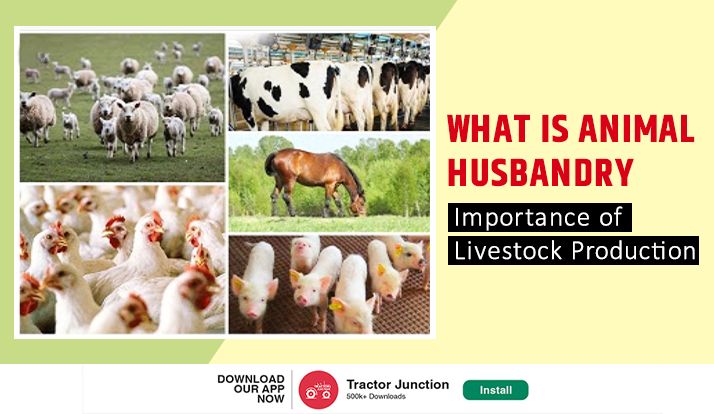Animal husbandry refers to the practice of raising and caring for livestock animals such as cows, sheep, pigs, and chickens. This involves providing for the basic needs of the animals, including food, shelter, and healthcare, and managing the breeding, birthing, and growth of the animals. In this blog post, we'll explore the principles of animal husbandry and discuss some of the key considerations for raising livestock.
Animal husbandry involves more than just providing food and shelter for livestock animals. It also involves understanding the specific needs of different animals and developing a management plan that is tailored to these needs. This may include providing specialized feed and nutrition, managing breeding and birthing, and providing medical care and treatment as needed.
One of the key considerations in animal husbandry is the welfare of the animals. It is important to provide a safe and healthy environment for the animals and to ensure that they are well-fed, clean, and free from stress. This can involve providing appropriate housing and bedding, ensuring that the animals have access to clean water and feed, and providing opportunities for the animals to express natural behaviors.
Animal husbandry is a complex and multifaceted field that requires a comprehensive approach to raising livestock. By understanding the specific needs of different animals and providing for their basic needs, it is possible to raise healthy and productive livestock that contribute to the sustainability of the farm or ranch.
Keywords: animal husbandry, livestock, cows, sheep, pigs, chickens, food, shelter, healthcare, breeding, birthing, animal welfare, nutrition, medical care, housing, bedding, water, feed, natural behaviors, sustainability, farm, ranch.

